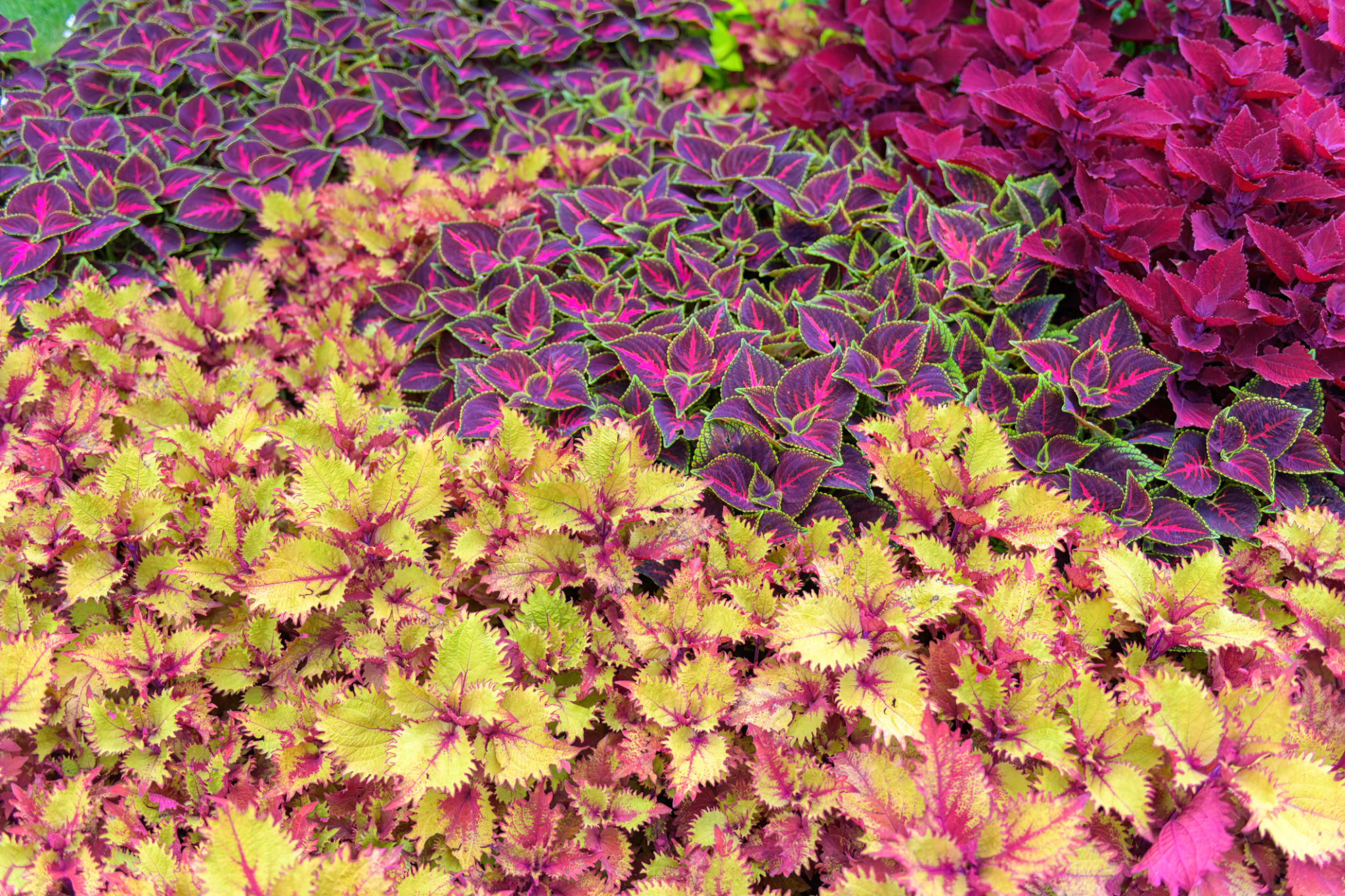Crafting Sustainable Gardens: Expert Tips from Galena's Leading Horticultural Advisors
Introduction to Sustainable Gardening
In recent years, the importance of sustainability has risen to the forefront of many global discussions. As a result, more people are turning towards sustainable gardening practices. These methods not only benefit the environment but also promote biodiversity and ensure the longevity of your garden. Galena's leading horticultural advisors have shared some invaluable tips to help you craft a garden that's both beautiful and eco-friendly.

Understanding Your Soil
One of the foundational elements of sustainable gardening is understanding your soil. Healthy soil is teeming with life, from tiny microorganisms to larger earthworms, all of which contribute to the health of your plants. Conduct a soil test to determine its pH level and nutrient content. This will help you identify what your soil needs and how you can improve it.
Consider incorporating organic matter such as compost or well-rotted manure. These materials not only enrich the soil with nutrients but also improve its structure, allowing for better water retention and root growth.
The Importance of Mulching
Mulching is a simple yet effective way to enhance soil health and reduce water evaporation. Organic mulches such as wood chips, straw, or grass clippings can significantly improve moisture retention and suppress weed growth. Additionally, as these materials break down, they add valuable nutrients back into the soil.

Selecting Native Plants
Choosing the right plants is crucial for any sustainable garden. Native plants are adapted to the local climate and soil conditions, making them more resilient to pests and diseases. They also require less water and maintenance, reducing the need for chemical fertilizers and pesticides.
Furthermore, native plants support local wildlife by providing food and habitat for a variety of species including birds, bees, and butterflies. This ensures a balanced ecosystem within your garden.
Diversifying Plant Species
Diversity in your garden is key to sustainability. By planting a wide range of species, you create a more resilient ecosystem that can better withstand environmental stresses. This diversity also helps prevent the spread of pests and diseases, as they are less likely to affect multiple plant species simultaneously.

Water Conservation Techniques
Water is a precious resource, and conserving it is a fundamental aspect of sustainable gardening. Implementing water-efficient practices not only helps the environment but can also reduce your utility bills. Consider installing a rainwater harvesting system to collect rainwater that can be used for irrigation.
Drip irrigation systems are another excellent way to conserve water. They deliver water directly to the roots of plants, minimizing evaporation and ensuring that each plant receives the right amount of moisture.
Creating Wildlife Habitats
Sustainable gardens are not just about plants; they're about creating a haven for wildlife as well. By providing food, water, and shelter, you can attract a variety of creatures that contribute to a balanced ecosystem. Bird feeders, bee hotels, and small ponds are great additions that can make your garden more inviting for wildlife.
By following these expert tips from Galena's horticultural advisors, you can create a stunning and sustainable garden that will thrive for years to come. Embracing these practices not only enhances the beauty of your outdoor space but also supports the environment in meaningful ways.
